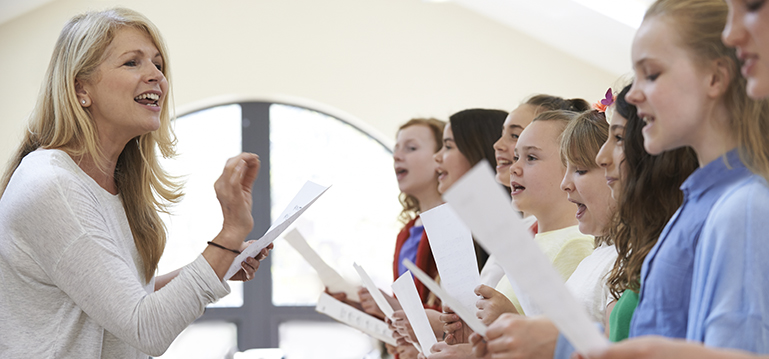Working with external partners to develop pupils’ skills and talents

Quick links:
Context and background to sector-leading practice
St Mellons Church in Wales Primary School places a focus on developing open minds, and offering opportunities that enable freethinking. Members of staff strive to encourage questions and see the value in making mistakes and taking risks. They aim to grow confident, respectful, resilient, inquisitive individuals with the skills to adapt to the changing world in which they live. The school prepares its pupils to be adults in a world that does not yet exist, a world with a different set of rules, different boundaries, different opportunities and different jobs. To enable pupils to enter this world equipped with the necessary skills, the school needs to instil in pupils a lifelong love of learning.
Leaders feel that schools need to be vibrant, inspiring places, where the teachers are vibrant and inspiring, and provide pupils with a rich, varied range of experiences that are far-reaching and beyond what they have already experienced. In order to do this most effectively, leaders believe that they need to engage the skills, knowledge and expertise of others, exposing pupils to a new world, instilling aspiration and igniting a desire to learn.
Description of nature of strategy or activity
At St Mellons Church in Wales Primary School, leaders place great value on the opportunity to work with external partners and the enrichment that this brings to the school for staff and pupils. They believe that, as a small school, it is critical for it to foster and engage the skills of the wider community, in order to ensure that all pupils have access to a broad range of opportunities to ignite, inspire, motivate and develop their interests and talents. Leaders are keen to recognise and value individuality, imagination and creativity in pupils, ensuring that each individual feels that they can be successful and fulfilled in a multitude of ways.
The school has links with several external partners to enrich pupils’ experiences across the curriculum. One example is that it is currently one of four primary schools in Wales working regularly with the Welsh National Opera. The school’s Year 5 and 6 pupils have had the opportunity to work with a composer to create melodies. These became the musical accompaniment to animations that they created with professional animators. The pupils work weekly with a musician and an opera singer to develop both literacy and musical skills that will culminate in an opportunity to perform on the Glanfa Stage in Wales Millennium Centre. The professionals that have been and are working with the Year 5 and 6 pupils have been able to give an insight into a different world, and have given a new and importantly real purpose to the skills that they have been developing. Pupils have been in situations where they could take risks, work collaboratively and think creatively to produce fantastic results. The professionals have shown the school the benefits of ‘letting go of the reins’ a little and impressed staff with what can be achieved. Staff have had an opportunity to take part in professional discussions and, as a result, been encouraged to be more reflective in considering the way in which they sometimes put constraints on achievement by having a predetermined outcome in mind that may sometimes be too fixed and therefore limit opportunity.
Staff have found that the success of working with external partners is ensuring clear and regular communication, having a full understanding of the objectives of the project and the roles of each stakeholder within this. Mutual respect and support, reliability, flexibility and adaptability are also crucial for effective partnership working. For these key factors to be present, all parties must prioritise time to develop for professional relationships and understanding. Manageable and strategic plans must take account of the views of all involved so that all have accountability and are consequently fully committed to their success.
At St Mellons Church in Wales Primary School, leaders also believe that the whole school community needs to be aware of, support and celebrate the success of any initiative that it adopts. It is through this shared communication and understanding that all may share ownership and build success together. The whole school community include all teaching and non-teaching staff, pupils, governors, parents and, as a community school, the wider community through meetings and newsletters. By raising the profile of a project in this way, leaders have found that they also raise the value placed on it by all. It is important that all stakeholders know what leaders are doing and why they are doing it so that they have a voice in shaping the evolution of the school.
What impact has this work had on provision and learners’ standards?
After the identification of oracy as an area for development in the school improvement plan, the school responded creatively by working in partnership with Welsh National Opera, professional animators and a composer. Clear communication and planning within these partnerships have resulted in raised standards in oracy, pupil confidence, resilience, wellbeing and aspiration. Five pupils have received bursaries to attend Welsh National Youth Opera, extending their range of opportunities, experiences and life skills considerably. Due to this successful partnership, the school has been successful in becoming a lead creative school.
How have you shared your good practice?
The school shared this good practice with other schools across the local authority as part of a celebration of Cardiff’s 2020 vision, within the School Improvement Grant and with its pathfinder partner school.